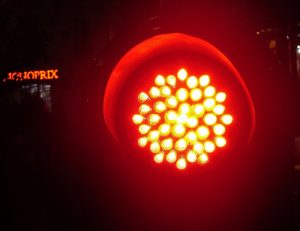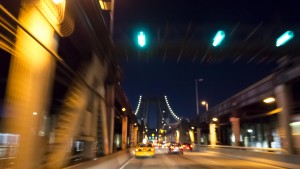Why You Should Never Face This Charge Alone
In Chicago and throughout Illinois, aggravated speeding is not something you can afford to ignore. Many drivers mistakenly believe it’s just a traffic ticket—but the reality is far more serious. Aggravated speeding is a criminal offensethat can lead to jail time, a permanent criminal record, and long-term consequences that affect your job, your license, and your freedom.
At The Law Offices of David L. Freidberg, I’ve spent decades defending clients across Cook County, DuPage County, Lake County, and Will County. Time and again, I’ve seen how this charge can escalate from a momentary lapse in judgment into a full-blown legal crisis. Whether you were clocked at 80 in a 50 or 100 on the expressway, if your speed exceeded the legal threshold, you’re facing a charge under 625 ILCS 5/11-601.5—and the State of Illinois is treating you like a criminal.
 Chicago Criminal Lawyer Blog
Chicago Criminal Lawyer Blog




